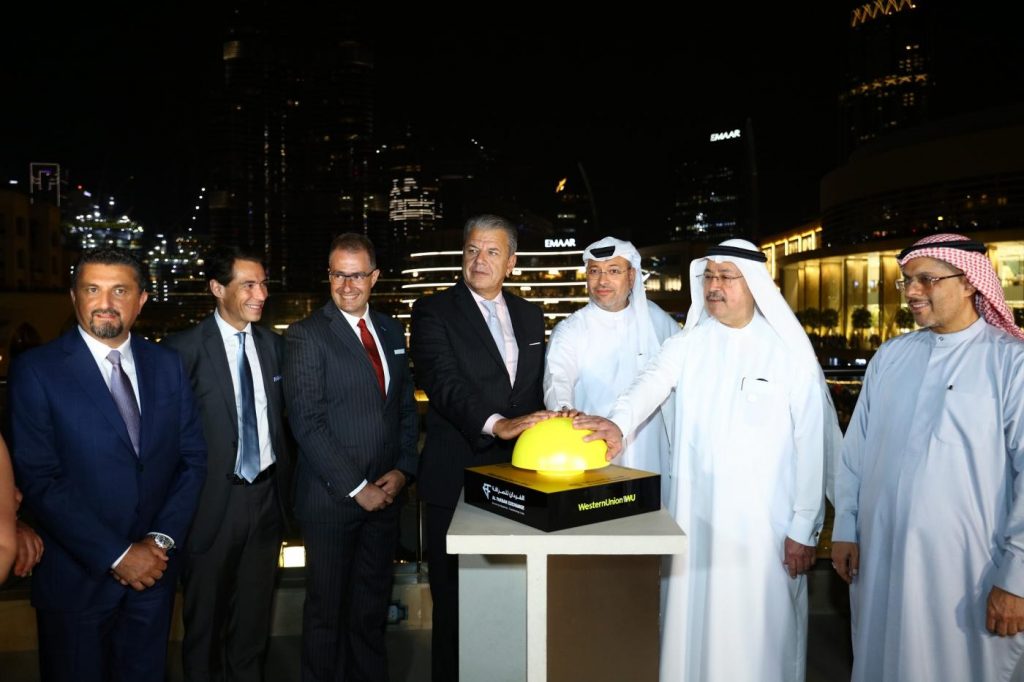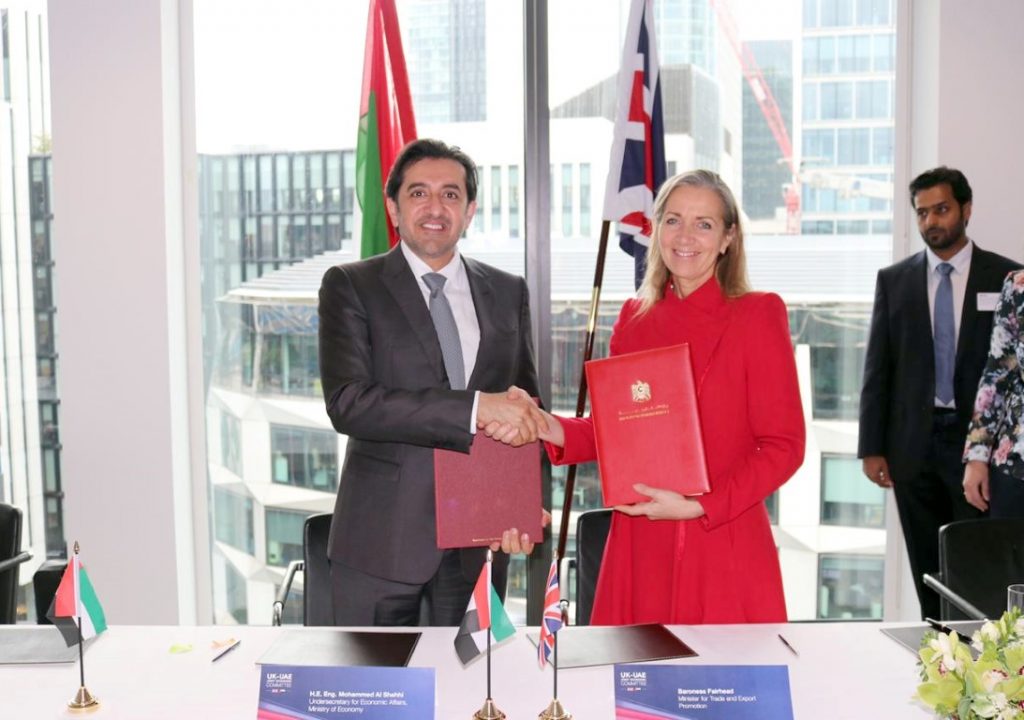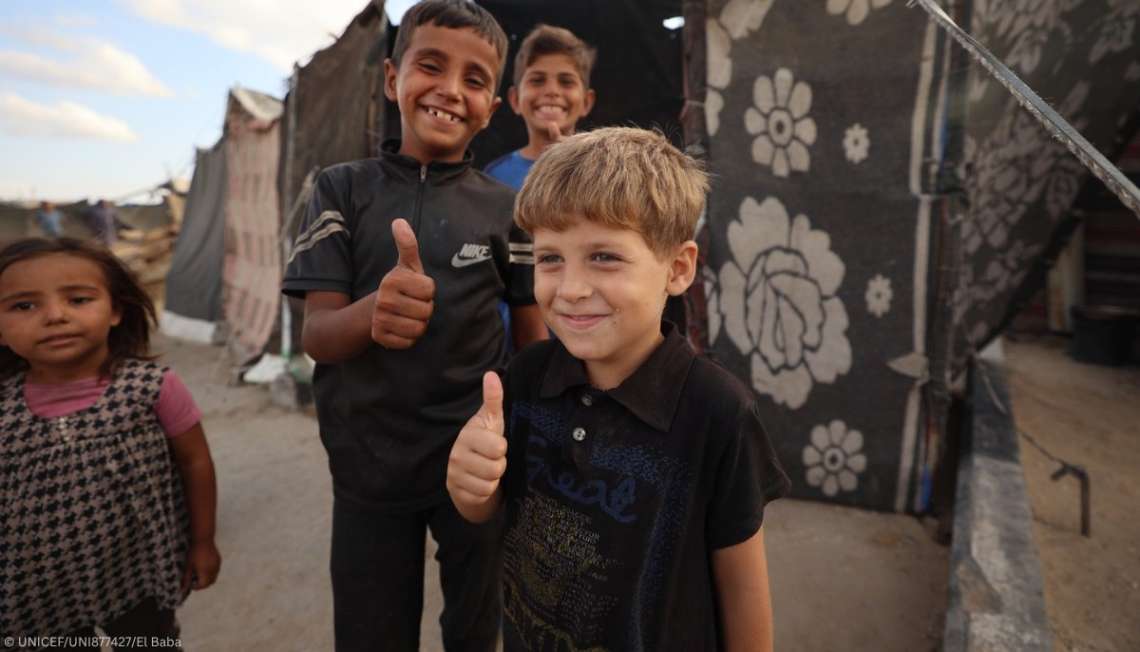At the end of the meeting, the Quad nations issued a statement in which they underlined their commitment to a comprehensive political solution for the conflict in Yemen and their endorsement of the agreements reached in Stockholm by the Yemeni parties in December 2018

H.H. Sheikh Abdullah bin Zayed Al Nahyan, Minister of Foreign Affairs and International Cooperation, Jeremy Hunt, Foreign Secretary of the United Kingdom, Adel Al Jubeir Minister of State for Foreign Affairs of the Kingdom of Saudi Arabia, and David Satterfield, United States acting assistant secretary of state for Near Eastern Affairs, met in London to discuss the situation in Yemen.
At the end of the meeting, the Quad nations issued a statement in which they underlined their commitment to a comprehensive political solution for the conflict in Yemen and their endorsement of the agreements reached in Stockholm by the Yemeni parties in December 2018.
The Ministers underlined that the firing of Iranian made and facilitated ballistic missiles and Unmanned Aerial Vehicles by Houthi forces into neighbouring countries posed threats to regional security and prolonged the conflict.
The Ministers expressed full support for Saudi Arabia and its legitimate national security concerns and called for an immediate end to such attacks by Houthi forces and their allies.

The Quad members expect the Yemeni parties to start the implementation of the Hodeidah Agreement immediately and in particular called on the Houthis to redeploy from the ports of Saleef, Ras Issa, and Hodeidah. The Quad members looked to the Security Council to review progress on such implementation when they meet on May 15, with the expectation that implementation will be underway at that point.
The four representatives noted that implementation of the Hodeidah Agreement would not only have an immediate and significant positive impact upon the lives of Yemeni people, but was a crucial first step towards the larger goal of an enduring comprehensive political settlement in the country.
In that regard, the Quad nations reiterated their full support for the efforts of the Special Envoy of the Secretary-General for Yemen in implementing the Hodeidah Agreement, which will give the opportunity to start a comprehensive, inclusive and enduring political process, in line with his mandate.
Saudi Unveils 11 projects
The Saudi Development and Reconstruction Programme for Yemen, SDRPY, has announced the launch of 11 new projects in the Midi district of Yemen’s Hajjeh Governorate.
The projects span agriculture, fisheries, electricity, healthcare and water sector development, in a bid to restore sources of income and reinvigorate economic activity in Midi and its surrounding areas, the SDRPY said in a statement.
“It is fitting that the programme unveiled these projects today in Hope Square, which represents the optimism of decent people everywhere that a life of peace and prosperity can soon return to millions of Yemenis, including in Hajjah,” said Saudi Ambassador to Yemen and SDRPY Supervisor Mohammed bin Saeed Al Jabir. “As a key player in regional stability, the Kingdom is committed to restoring hope and security in Yemen, and that is why we continue to work toward the renewal of hope for the brotherly Yemeni people.”
The programme has sponsored construction for a new school, health centre and water purification plant in Midi, where an alarming number of newborn children die from waterborne illnesses every year. “Twenty years ago, a water station existed in the area, but became inoperative after two years due to a lack of maintenance,” the statement said, adding that the SDRPY will provide training for locals in the operation and maintenance of the water station.
The people of Fasht Island in the Midi district have lacked immediate access to clean water for almost 50 years. Residents have often consumed unpurified seawater, when rainwater has been insufficient to meet their needs, and local wells – some of them dug one hundred years ago – yield only saltwater, the SDRPY statement continued. “The new water treatment plant will purify seawater, supplementing natural freshwater volumes and supporting the local ecosystem. The salinity of drinking water in the Midi district often reaches levels of up to 35,000 parts per million (ppm), notably in the islands where fresh water is not easily accessible. In Saudi Arabia the average is approximately 4,000 ppm,” it added.
New electrical generators and filters for existing generators will be supplied to those areas of Midi which have never known outdoor lighting. The district will also receive greenhouses, agricultural equipment, fertiliser, seeds, water tanker-trucks, transport vehicles, and lights for solar-powered street lamps. A coast guard station in Midi will also be restored and refurbished in a bid to reinstate stability and security to the port.








